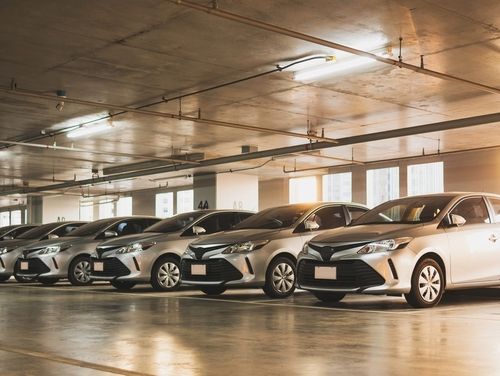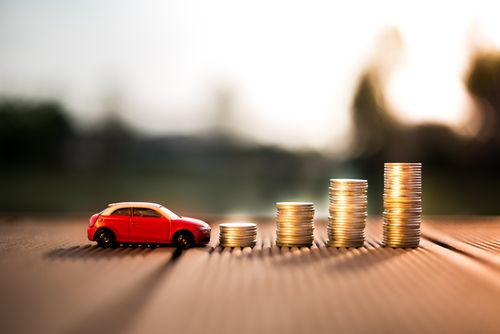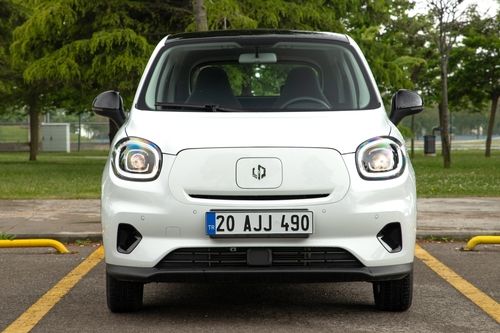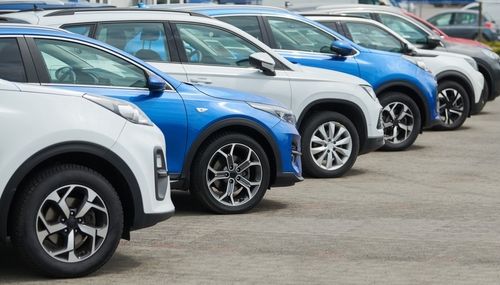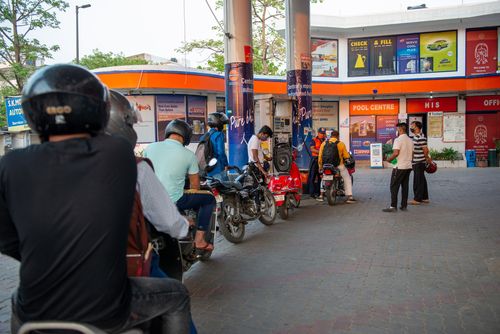Why Motor Insurance Premiums Go Up and How to Avoid It
Written by Upstox Desk
Published on May 27, 2025 | 4 min read

Rahul Sharma had purchased a mid-segment sedan the previous year, and he obtained a motor vehicle policy from an insurer recommended by the dealership. When the renewal was due, Rahul was offered a quote by the same insurer, and much to his surprise, it was higher than what he had paid originally. As an accounting student, Rahul was familiar with the concept of depreciation and understood that the value of his car would decrease after a year of usage. _ Rahul was confused and wanted to know the reasons why insurance premiums often go up. He also wanted to find out if there was a way to avoid such inflation in motor insurance prices, as he has more than five vehicles (cars and two-wheelers) in his garage_.
Rahul is not the only one who has encountered such situations. Motor insurance premiums often increase, and policyholders may find themselves paying a higher renewal amount without knowing the exact reason for the increase. This is not just the case with relatively newer cars, but is also experienced by owners with older vehicles (more than 10 years old).
A mix of personal risk factors and broader market dynamics influences motor insurance premiums. Whether it’s inflation, regulatory changes, or your claim history, several elements work together to determine what you pay. However, there are ways to avoid this increase in premiums with a little awareness and strategic planning. Let's discover the reasons and learn how to prevent them.
Key Reasons for the Increase in Vehicle Insurance Premiums
Inflation is a key reason for the increase in vehicle insurance premiums. However, there are some vehicle and market-related factors that result in enhancing the vehicle insurance premium, discussed in the following table:
| Reason | Impact on Premium | Controllability |
|---|---|---|
| General Inflation & Rising Repair Costs | Inflation results in an increase in the cost of labour, spare parts, and overall repair expenses. | As a vehicle owner, it is impossible to control this market-based increase in price. |
| Increase in Third-Party Liability Rates | Third-party liability coverage is mandatory under the Motor Vehicles Act. The IRDAI periodically revises third-party premium rates. These hikes are regulatory and apply to all insurers. | As a vehicle owner, you cannot do anything to control the IRDAI guidelines. |
| Car’s Age and Depreciation | Older cars may attract higher premiums for certain components or lose value-related benefits, especially if replacement parts are difficult to obtain. | As a vehicle owner, you cannot control this. |
| Claim History (Lost NCB or Recent Claims) | If you’ve claimed in the past year, you may lose your No Claim Bonus, resulting in a significantly higher renewal premium. | You should always try to accumulate NCB and should claim only when the amount is greater than your tentative annual premium. |
| Location-Based Risk | Living in accident-prone or high-theft areas (e.g., metro cities) increases your risk profile, leading to higher premiums. | This is also an uncontrollable factor. |
How to Avoid a Premium Hike: Smart Tips
As you had examined the above table, four out of five factors are not controllable and hence the vehicle owner has few options but to pay a higher premium each year. However, there are some strategies you can try that can help reduce the overall premium without affecting your coverage or compliance-related duties.
Besides this, new-age insurtech companies have introduced tech-based solutions, such as pay-as-you-drive, offering lower premiums to people who do not clock as many kilometres in a day or week. Consider these insurers to enhance your coverage and lower your premiums.
Summing up
Motor insurance premiums increase annually due to various reasons, often beyond the control of the vehicle owner. However, there are ways to be more diligent and reduce your premiums. Understanding what causes the increase, from inflation to claim history, is half the battle. The other half involves taking proactive steps, such as renewing on time, comparing plans, preserving your No Claims Bonus (NCB), and selecting only what you truly need.
FAQs
-
Do all car insurance premiums go up every year?
Not always. While some increases are due to inflation or regulatory changes, your claim history and location can significantly impact the rate.
-
Can a single small claim affect my premium?
Yes. Even minor claims can lead to the loss of your No Claim Bonus (NCB), which increases your renewal premium.
-
Is switching insurers a good idea to save money?
Absolutely. Comparing policies before renewal can help you find better deals and retain your No Claims Bonus (NCB) benefits.
-
How does depreciation impact my premium?
As your car ages, its market value decreases, but repair costs may increase, which can impact how insurers price your policy.
About Author
Upstox Desk
Upstox Desk
Team of expert writers dedicated to providing insightful and comprehensive coverage on stock markets, economic trends, commodities, business developments, and personal finance. With a passion for delivering valuable information, the team strives to keep readers informed about the latest trends and developments in the financial world.
Read more from UpstoxUpstox is a leading Indian financial services company that offers online trading and investment services in stocks, commodities, currencies, mutual funds, and more. Founded in 2009 and headquartered in Mumbai, Upstox is backed by prominent investors including Ratan Tata, Tiger Global, and Kalaari Capital. It operates under RKSV Securities and is registered with SEBI, NSE, BSE, and other regulatory bodies, ensuring secure and compliant trading experiences.


















